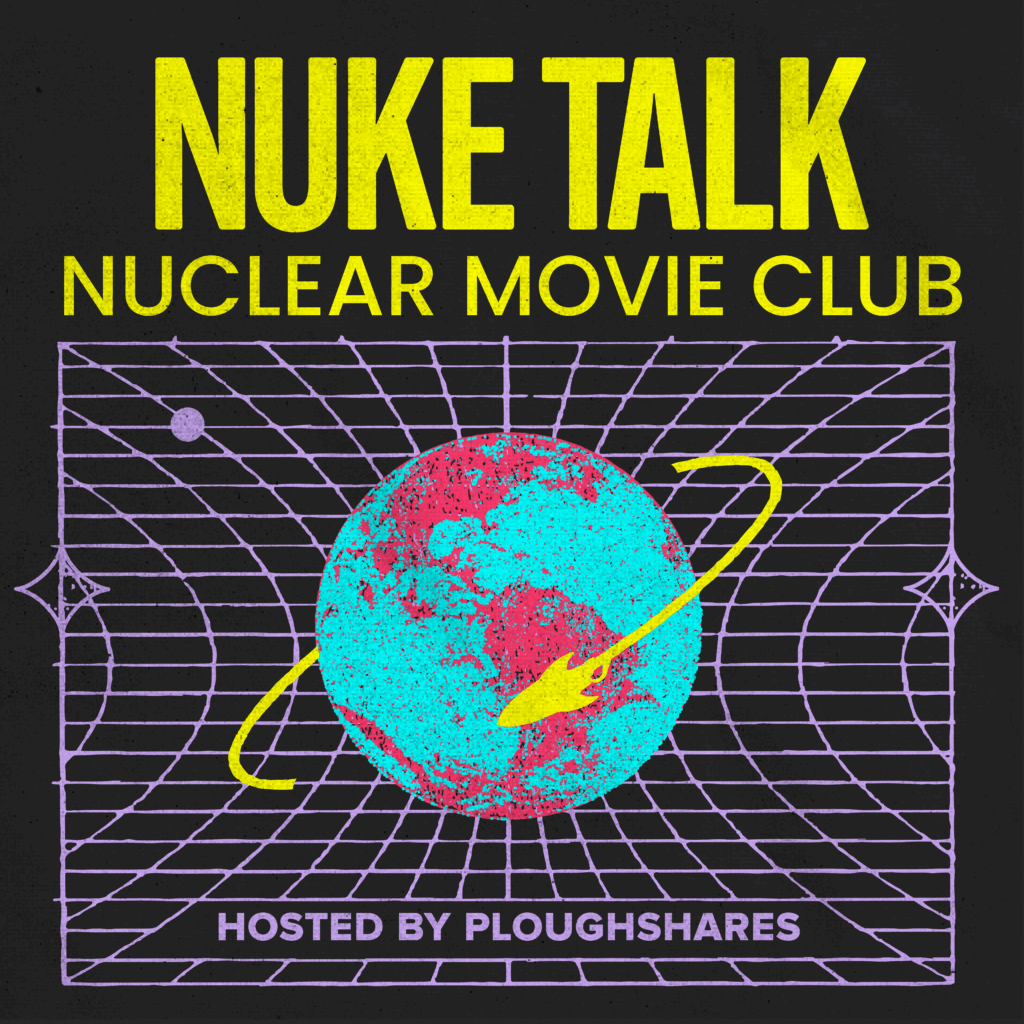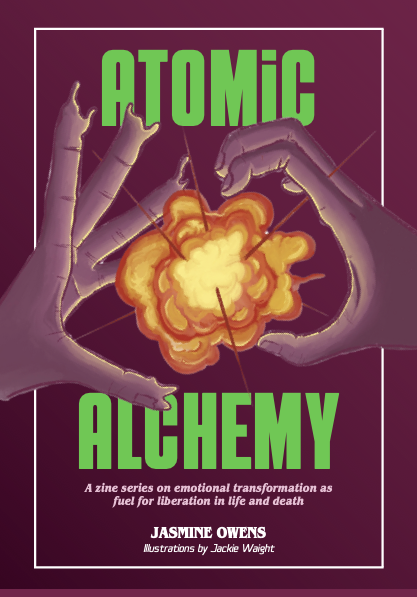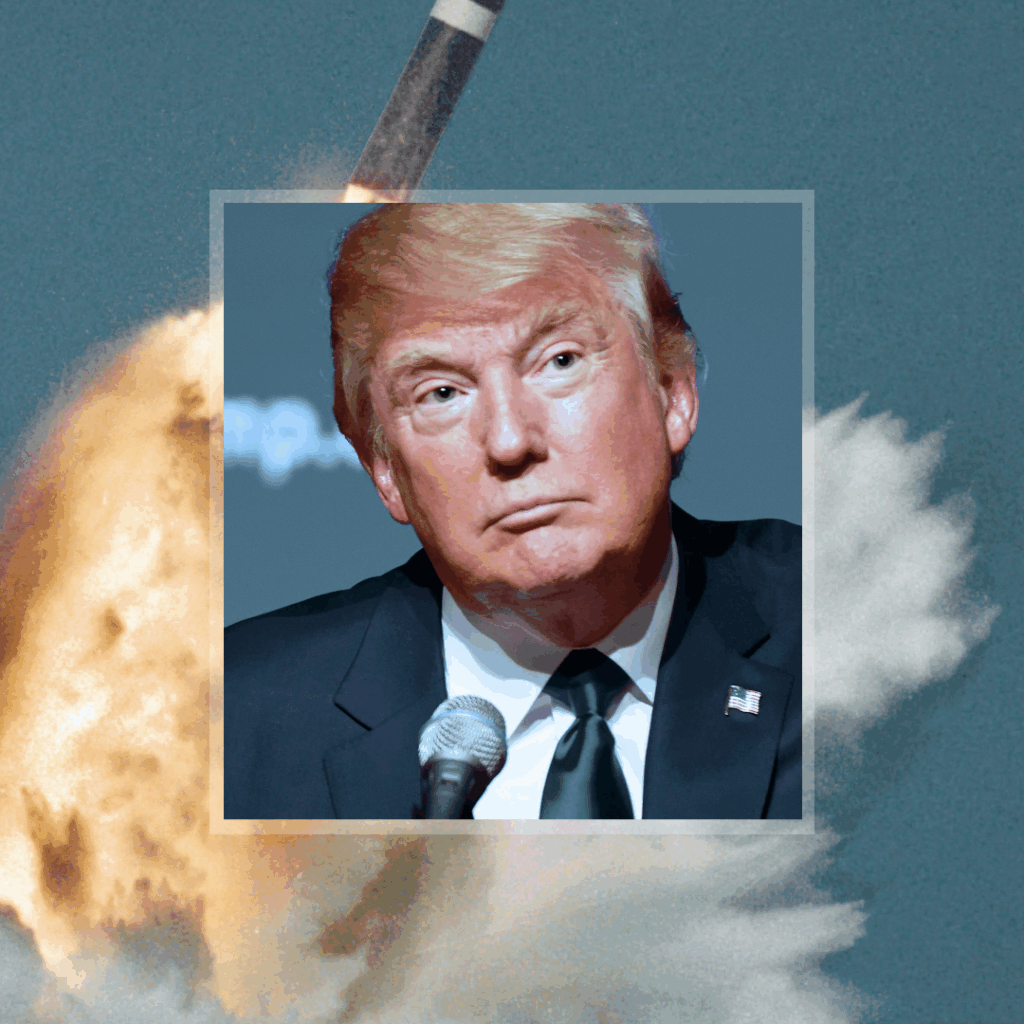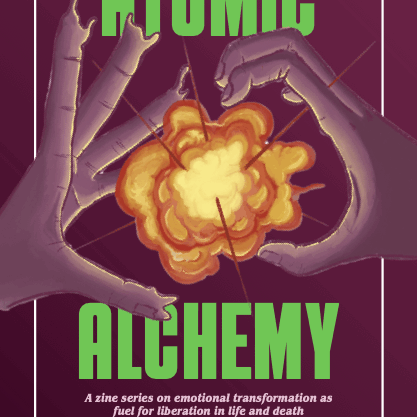Story Center
Current news and exciting stories highlighting the good, the bad, and the truth about nuclear weapons in the world.
The Big Story
Nuclear Movie Club: WarGames (1983)
In this episode, we discuss WarGames's many themes, technical intricacies, and 80s parenting styles. AI, video games, NORAD, dinosaurs—this movie has it all.
Please contact Ploughshares' Communications Manager Rebecka Green at rgreen@ploughshares.org for further information on any of these stories or to pitch topics and interviews.











